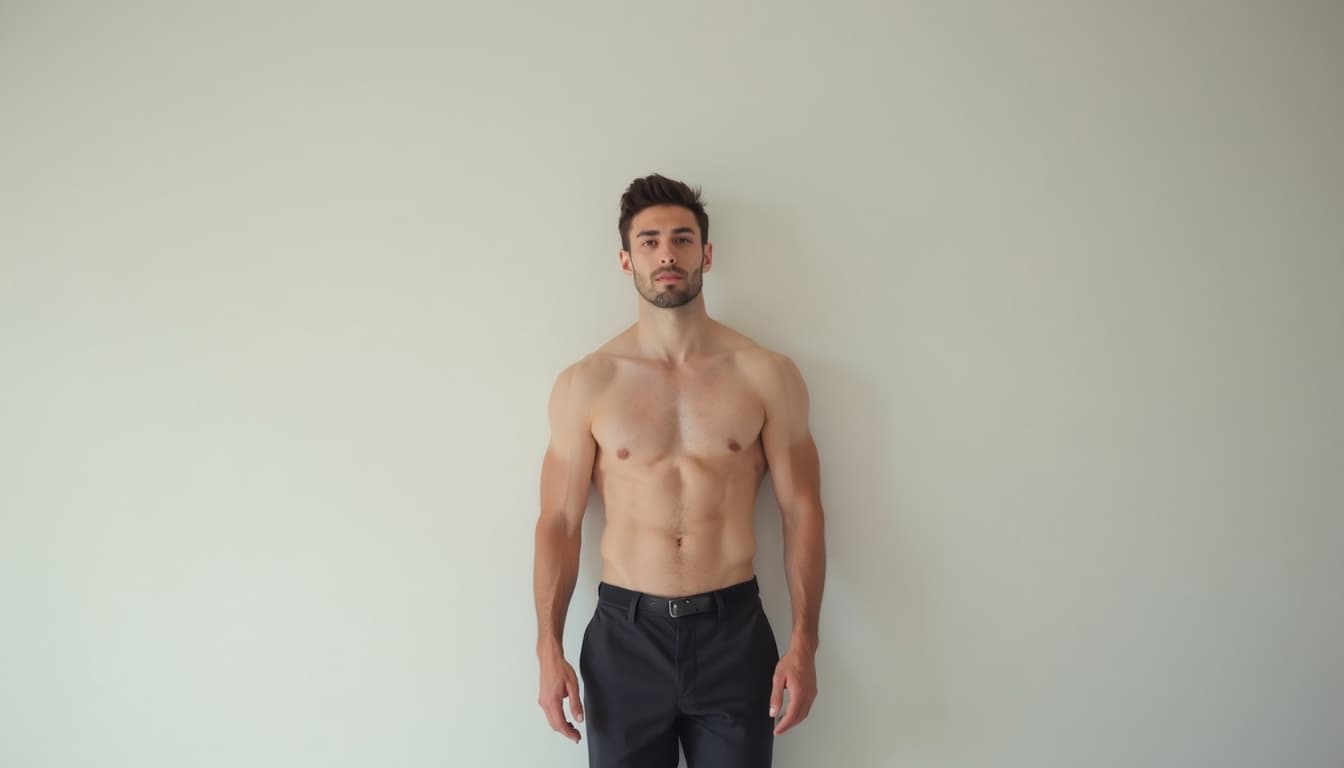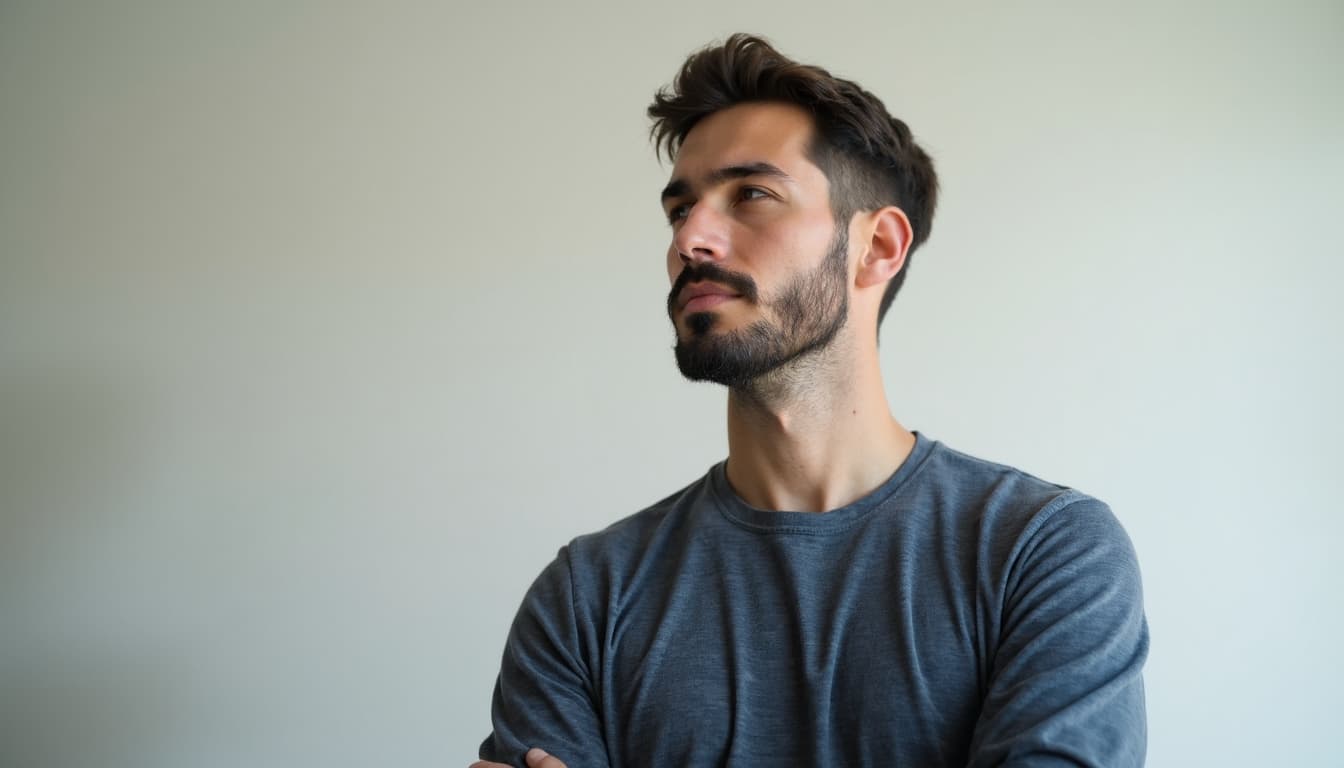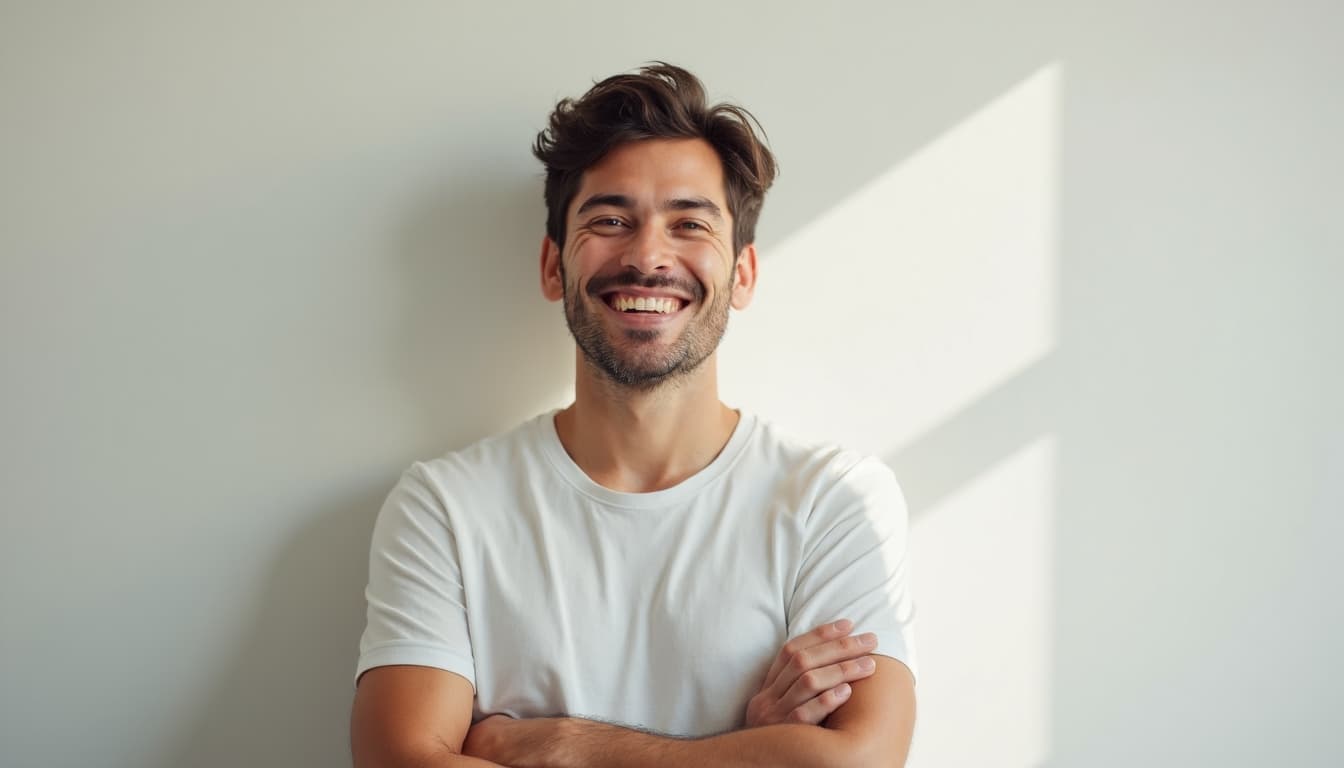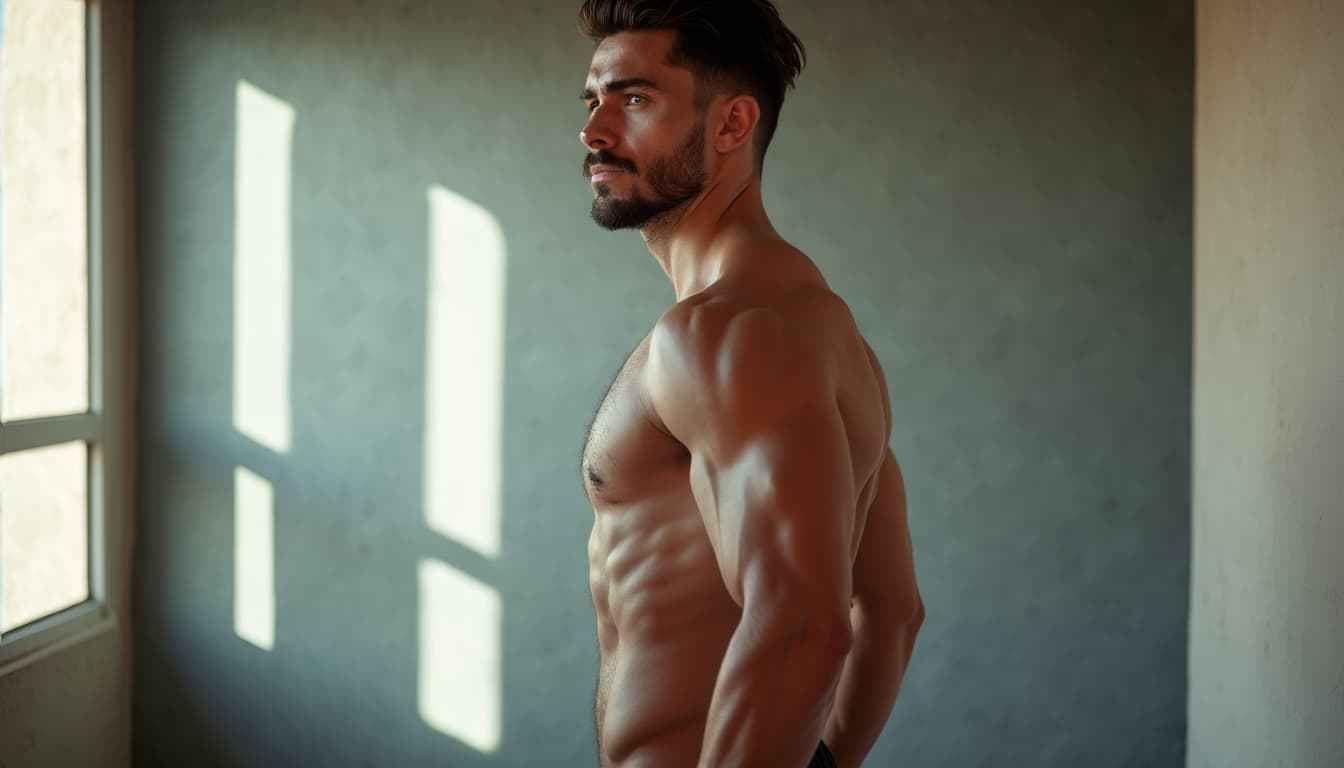A Simpler Approach to Life: Embracing Minimalism

Alright, so let’s cut through the clutter and get straight to it. We live in a world packed with too much stuff and endless distractions. Every shiny object and new notification promises us joy, but all they really deliver is chaos, stress, and a touch of existential burnout. So, here’s the deal—what if the secret to a richer, calmer, more fulfilling life isn’t about having more, but about doing with less?

Enter minimalism: the art of simplifying your life so you can focus on what actually matters. It’s not just another “Goop-inspired” fad; it’s a rethink of how we approach everything—our homes, our relationships, even our thoughts. Minimalism says, “Hey, what if you stopped chasing your tail, tossed out the junk weighing you down, and made time for the things (and people) that fill you up?”
Maybe you’re curious or maybe you’re skeptical, but minimalism has gained traction for one simple reason: it feels good to let go. Strip away the excess, and what’s left? Mental clarity. Freedom. A life freed from the hamster wheel of always wanting more. Sounds decent, right? But before we dive in headfirst like Marie Kondo on caffeine, let’s unravel why this lifestyle holds so much promise and, more importantly, how you can make it work for you without selling all your furniture and moving to a zen monastery. Let’s demystify minimalism, one practical step at a time.
Why Minimalism Is the Reset Button We All Need
Minimalism isn’t just about decluttering your junk drawer (although that’s not a bad place to start). It’s about unburdening yourself—from things, yes, but also from stress, needless obligations, and the “keeping up with the Joneses” mentality.
It’s like cleaning out the attic of your life, both literally and figuratively. And here’s the kicker: living lighter doesn’t take away from your life—it actually makes room for more of the good stuff.
Benefits of Minimalism
- Financial Freedom:
Raise your hand if you’ve ever bought a $200 gizmo that ended up collecting dust within a week. Yeah, same here. Minimalism forces you to think before you spend, cutting down on impulse buys and freeing up money for things that actually improve your life, like:
- Experiences
- An epic hike
- A weekend road trip
- Finally learning that hobby you’ve been putting off
Less stuff also means less time worrying about maintaining it:
- Fewer gadgets to fix
- Fewer clothes to wash
- Less chaos to organize
That’s more time to explore, connect, and maybe even take a breather.

- Mental Clarity: Let’s face it: clutter isn’t just a physical problem—it’s mental static. Walk into a room piled high with random junk, and your brain immediately feels it. Minimalism silences that noise.
The less there is to visually process, the lighter your mental load. It’s a subtle but profound shift. Suddenly, you’re focusing on what matters—your relationships, your health, your goals—not the pile of laundry or those unopened Amazon boxes staring you down from the corner.
So, How Do You Start?
Here’s a pro tip: don’t go all extreme and start chucking everything into garbage bags. This isn’t a reality TV show. Minimalism works best when you start small and stay intentional.
Begin by asking one question: What actually adds value to my life? This applies to your belongings, your schedule, even the people you spend time with.
Once you have that mindset, pick one area to tackle:
- Your closet (because let’s be honest, half of those shirts haven’t seen daylight in years)
- Your kitchen cabinets, stacked with mismatched Tupperware from the 90s
Enjoying this content? Support our work by taking a moment to visit the sponsor of this article
Visit SponsorIt doesn’t matter where you start—it’s about the habit you’re building. Try the classic “three-box method”:
- One box is for stuff you’re keeping
- One for donating
- One for tossing
It’s not about being perfect; it’s about making space for what counts.
Digital Minimalism
Another overlooked area? Your digital life. Have you ever scrolled through 5,000 unread emails only to feel like your brain’s about to melt? Start unsubscribing, deleting, and organizing.
Same goes for social media. If that app or account makes you feel like crap, let it go. Minimalism in your online world cuts the same mental clutter as it does IRL.
And before we move on, here’s a liberating thought: you don’t have to justify why you’re letting something go. Whether it’s a pair of jeans that no longer fit or a friendship that’s become toxic, if it doesn’t serve you, it’s okay to say goodbye.
Less Stuff, More Meaningful Relationships
Here’s the curveball most people don’t see coming when they start embracing minimalism: it improves your relationships.
Think about it—when you're not drowning in belongings or a packed schedule, you’ve got more room (physically and emotionally) for people. And it’s not about having a million surface-level friendships or entertaining acquaintances because you feel obligated.
Minimalism teaches you that quality beats quantity every time.
Focus your time and energy on relationships that actually feed your soul. It’s like realizing you don’t need to binge-watch every show on Netflix when your favorite one just sparks that joy every time. Turn off the noise and invest in the connections that matter.
And if you share a space with someone—a partner, roommates, family—creating a clutter-free zone can actually bring harmony into that relationship. A shared living space without piles of “stuff” to argue over does wonders for the vibe.
It’s Not Just About Stuff—It’s a Lifestyle
One of the coolest things about minimalism is how it leaks into other parts of your life once you embrace it. For instance, mindful consumption. This sounds fancy, but it’s literally just taking a second to ask yourself, “Do I really need this?” before making a purchase.
Most of the time, the answer is no. But when you do say yes to something, you’ll value it more because it’ll have a purpose. This shifts your whole perspective from hoarding to curating.
Minimalism also teaches you to focus on experiences over material goods.
Think about the last time you felt truly alive. Was it because you splurged on a new gadget? Or was it when you went on a road trip with friends, watched the sunset, or tried something new that scared you just a little? Chances are, it’s the latter. Experiences last. Stuff? Not so much.

Celebrate the Wins, Big and Small
Minimalism isn't a one-and-done kind of deal. It’s a journey, and guess what? You’re going to mess up along the way. Maybe you’ll buy something you regret or feel a twinge of guilt for holding onto a sentimental item. That’s okay!
This isn’t about perfection—it’s about progress. Celebrate each little win, whether that’s clearing out a drawer or saying no to a new commitment that doesn’t serve you.
The beauty of minimalism is that its benefits compound over time. With every drawer you empty, every dollar you save, and every obligation you release, you’ll feel lighter and more in control of your life.
And here’s the thing: when you make these changes, people will notice. They’ll ask what you’re doing differently. That’s your chance to share the magic of saying goodbye to meaningless clutter and hello to a more intentional way of being.
So, what’s the next move? Maybe you power down your phone for an evening walk or clean out a single drawer in your house. Whatever it is, remember this: the point of minimalism isn’t just to have less stuff; it’s to have more life. And isn’t that what we’re all really chasing?



